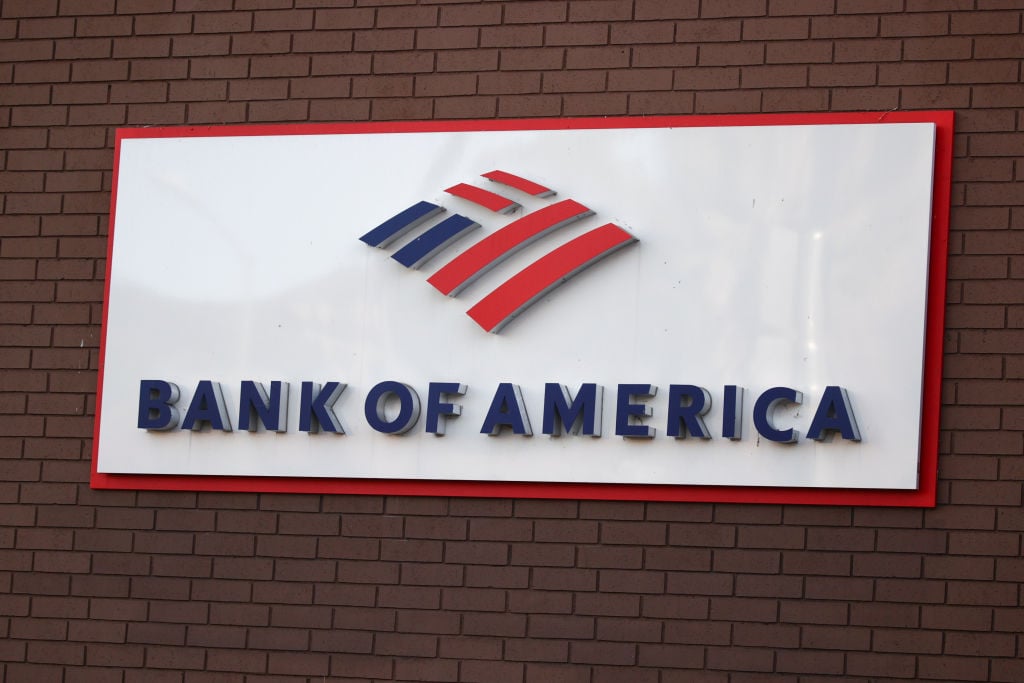Although the recent settlement between Bank of America Corp. (BAC 1.64%) and the U.S. Department of Justice has been hailed as a step forward for the bank and its shareholders, not all parties involved in B of A's mortgage morass emerged victorious. Each of the following groups were given significantly less consideration than you would think, especially given their unintended involvement in the mortgage crisis.
MBS Investors
Though the settlement acknowledged that Bank of America and its subsidiaries knowingly sold faulty mortgage-backed securities to investors, bond investors were given short shrift. They will receive no compensation for their losses – and, to add insult to injury, may actually incur additional harm if the underlying loans in the MBSes are modified.
Additionally, Bank of America gets credit for any modifications made to loans, whether or not they are involved. It appears that, even as bond investors take additional lumps for their unintentionally lousy investments, B of A will be able to take the credit – literally and figuratively – for getting the consumer aid aspect of the accord taken care of.
Homeowners with problem mortgages
The settlement carved out $7 billion for consumer relief, which the bank can use to help those consumers hardest hit by the mortgage meltdown. Included in the list of acceptable assistance are:
- loan modifications and principal forgiveness
- lending to low-to-moderate income persons; affordable rental housing
- investments in affordable rental housing
- neighborhood stabilization and community reinvestment
The most immediate help would be to modify the loans of consumers already having problems, but some question whether this type of aid will ever arrive.
Other mortgage-related settlements, such as last November's $13 billion pact between the government and JPMorgan Chase & Co., had similar language. So far, JPMorgan has modified very few loans, worth a little more than $6 million – a literal drop from a $4 billion bucket of money meant for consumer relief. With a smidge over three years left to provide aid to troubled borrowers, it looks unlikely that the bank will get the job done timely.
Other settlements have performed poorly, as well. In the case of the 2012 National Mortgage Settlement, complicated rules and confusion regarding eligibility meant that fewer poor consumers were helped than was originally envisioned. All this doesn't mean that Bank of America's aid won't reach its intended recipients, but the odds seem to be against such an occurrence.
Taxpayers
With the record-breaking sums coming from Bank of America's coffers for penalties and consumer relief, it's hard to imagine that the taxpayer would be called upon to pitch in, particularly since B of A is supposedly being punished for past sins. Alas, it is true.
This is due to the fact that banks are allowed to deduct portions of these settlements from their taxes, presumably as a cost of doing business. In JPMorgan's case, approximately $7 billion of its $13 billion agreement was assumed to be tax-deductible.
Of its own settlement amount, B of A is expected to deduct nearly $12 billion, which means it will save about $4 billion off of its total bill, courtesy of the American taxpayer.
Will these gigantic settlements deter financial institutions from repeating the types of behavior that led to the mortgage crisis? Time will tell, but at least one organization, Transparency International, doesn't seem to think so. The anti-corruption coalition recently weighed in on the subject, noting that a change in banking culture and behavior is unlikely as long as corporations and individuals responsible for such fraudulent behavior go unpunished. Since holding senior bankers accountable has largely gone unexplored by U.S. government regulators, hitting banks in the balance sheet seems to be our best – and only – deterrent option.






